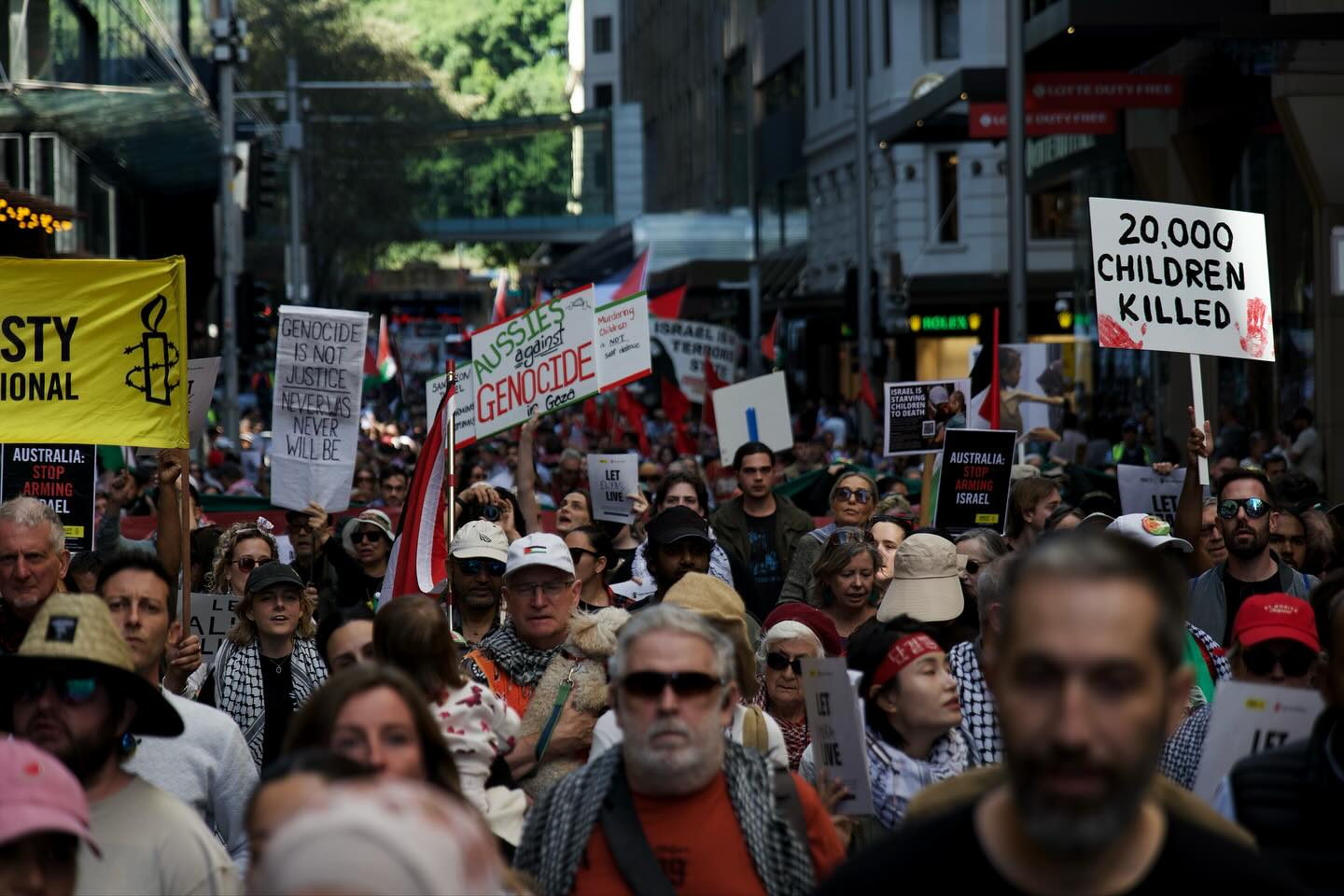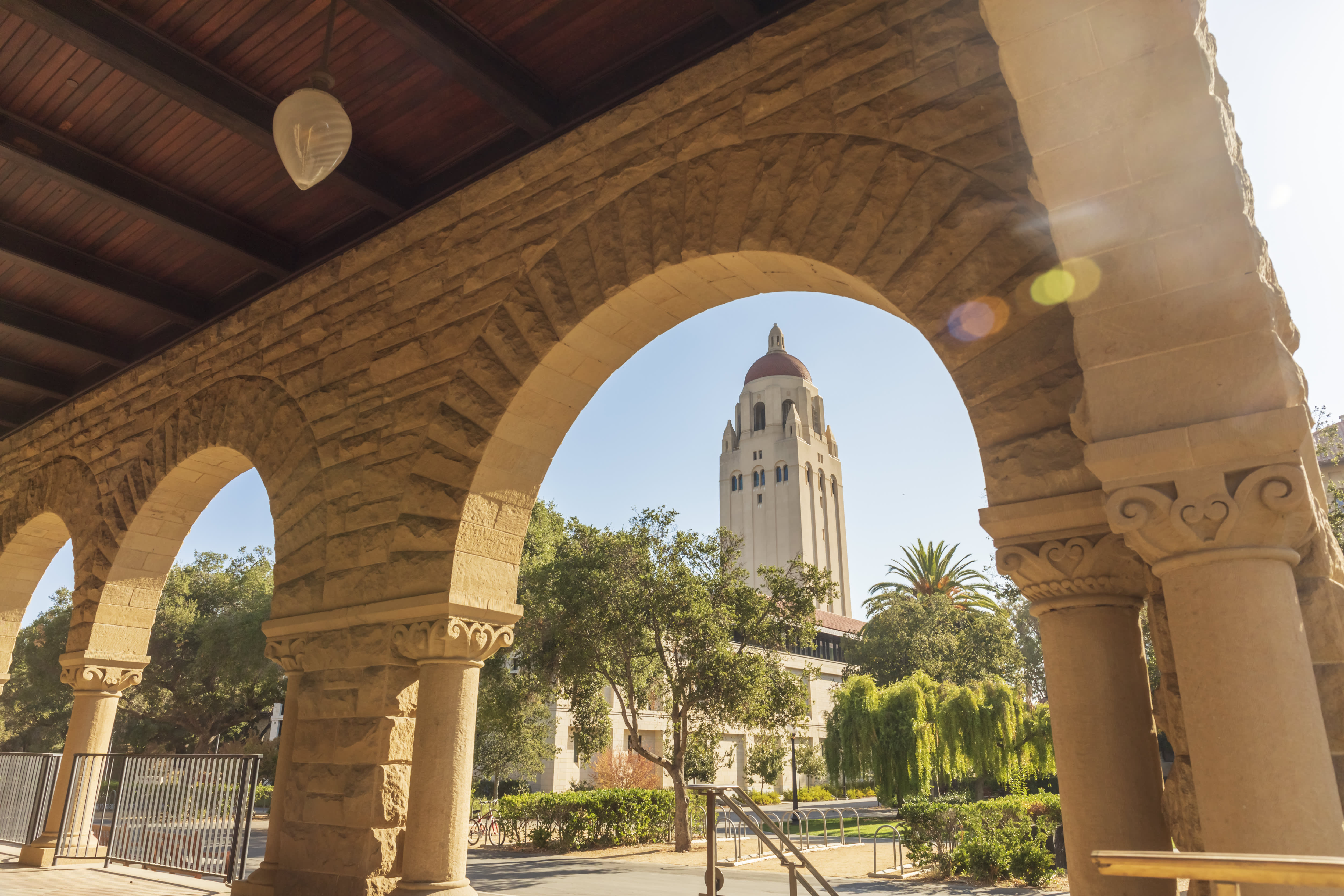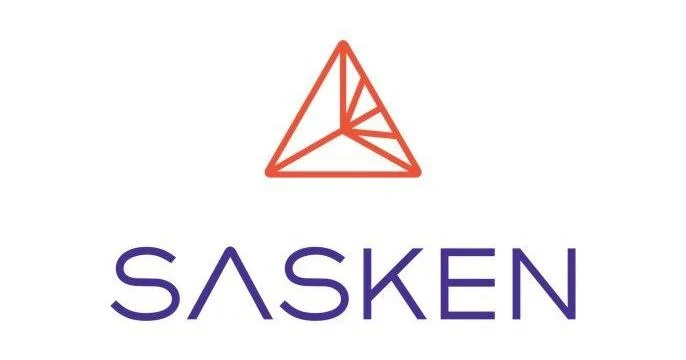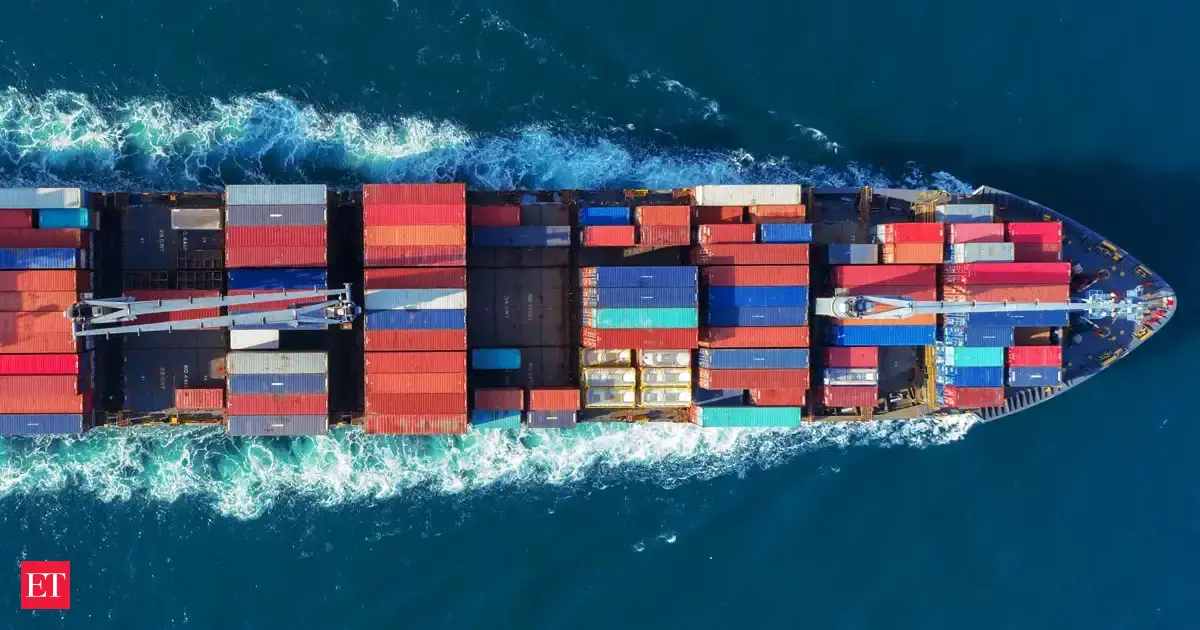By Iain Esau,Ron Guy
Copyright greenleft

Australian workers, through their compulsory superannuation contributions, have a stake in companies in which their funds invest. This creates a responsibility to find out if those investments are linked to war crimes, apartheid or genocide as, otherwise, they risk being complicit in Israel’s genocide in Gaza.
In her latest report, From Economy of Occupation to Economy of Genocide, Francesca Albanese, the United Nations Special Rapporteur on the Occupied Palestine Territories, provides credible evidence of many blue-chip companies profiting from the misery of the Palestinians. Such complicity by these companies is unacceptable and concrete action needs to be taken.
An agreement in 1983 between the government and the trade unions, known as the Prices and Incomes Accord, unions agreed to forgo a national 3% pay rise, to instead go to the new superannuation system for all employees. This came with the proviso that the trustees of these superannuation funds had an obligation to oversee their investment strategies.
The moral question that needs to be discussed is whether shareholders are benefiting from being complicit with genocide?
A legal obligation was legislated 2018 on companies to report on modern day slavery and procurement policies, with failure to do so making them liable to penalties. These powers need to be broadened to companies that are benefiting from genocide/crimes against humanity.
Companies subscribe to ethical sustainability governance, but this is largely self-regulated, with the only penalties being divestment from ethical funds and the embarrassment of being publicly named.
Trustees’ oversight obligation is to protect a company’s brand from future legal liabilities caused by their actions. Does Albanese’s statement to the United Nations raise the prospect of future liabilities?
It is not only the aggressors who benefit from crimes against humanity, but also those who claim neutrality. Switzerland, a neutral country, eventually had to return Jewish gold held by Swiss banks.
Should companies, such as those listed by Albanese be required to disclose in their annual reports, alongside their other legal requirements, possible future liabilities such as natural disasters, future conflicts disrupting to supply chains, future liabilities for complicities? Likewise, profiting from war crimes creates a risk both for reputation and the bottom line.
Coles was mentioned because of its use of Palantir. At the last year at the Coles AGM a shareholder asked if Coles was aware of Palantir’s involvement with the ongoing genocide in Gaza. In 2019 Coles was embarrassed by credible accusations of workers’ exploitation within the supply chain of agricultural products.
In 2024 when the then Coles CEO was asked for an update, he answered that the corporation was proud to now be working with unions to review supply chains, and when a supplier could not meet their expectations, they lost the contract.
Will Coles now review its business dealings with Palantir?
How do companies, organisations or individuals who accept the immorality of modern-day slavery not broaden their remit to crimes against humanity and genocide?
Caterpillar could not meet the environmental, social, and governance expectations of the Norwegian pension fund and, as a result, the pension fund divested its $69 million stake in June last year.
This is something the Australian Future Fund and industry funds should be reviewing.
The Norwegian fund also divested from Chevron, when they found out that the corporation, in consort with the Israeli company NewMed Energy (a subsidiary of UN database-listed Delek Group), had been involved with gas/oil exploration off Gaza and been economically involved in the non-self-governing territories of Western Sahara.
Chief executive Nicolai Tangen was quoted in an article by Iain Esau, December 19, 2023, stating that Norway’s $1.5 trillion sovereign wealth fund will sell its investment in Israeli company Delek Group, describing its involvement in the disputed territory of Western Sahara as a “serious violation of ethical norms”.
This is why it is essential to oversee companies’ procurement policies when awarding contracts.
Closer to home, have Australian banks learned any lessons from the experience of ANZ in 2011?
ANZ eventually compensated hundreds of Cambodian families who were forcibly evicted from their land to make way for a controversial sugar plantation and refinery with the cost being born by ANZ shareholders.
What are the future liabilities for companies and financial institutions, including super funds, for links to illegal settlements in the West Bank and the ongoing genocide in Gaza?
When industry funds were first proposed, a big discussion point was that these funds would be owned by individual members and that therefore it was essential that there be equal representation of union and employee trustees to insure accountability.
Unions are committed to International Labour Organisation (ILO) and international human rights conventions. The idea of union members benefiting from apartheid and genocide falls short of International Trade Union Confederation, Australian Council of Trade Union and ILO principles, and countless international conventions.
It is time for Australian unions to step up and be counted, as they did against “Pig Iron Bob” Menzies during the 1938 Port Kemble Dockers strike during the early years of World War II.
We should also remember the successful economic boycott, in which the union movement played a significant role, against Apartheid South Africa and the long successful independence struggle of Timor Leste.
[Ron Guy is an active member of Regional Trade Unions Human Rights Shareholder group, and is a member of Australia Super and The Australian Workers’ Union.]



